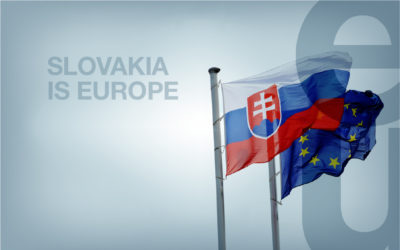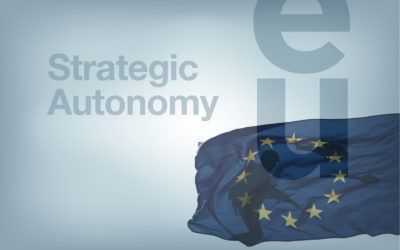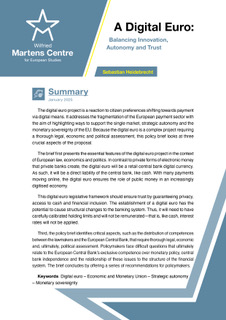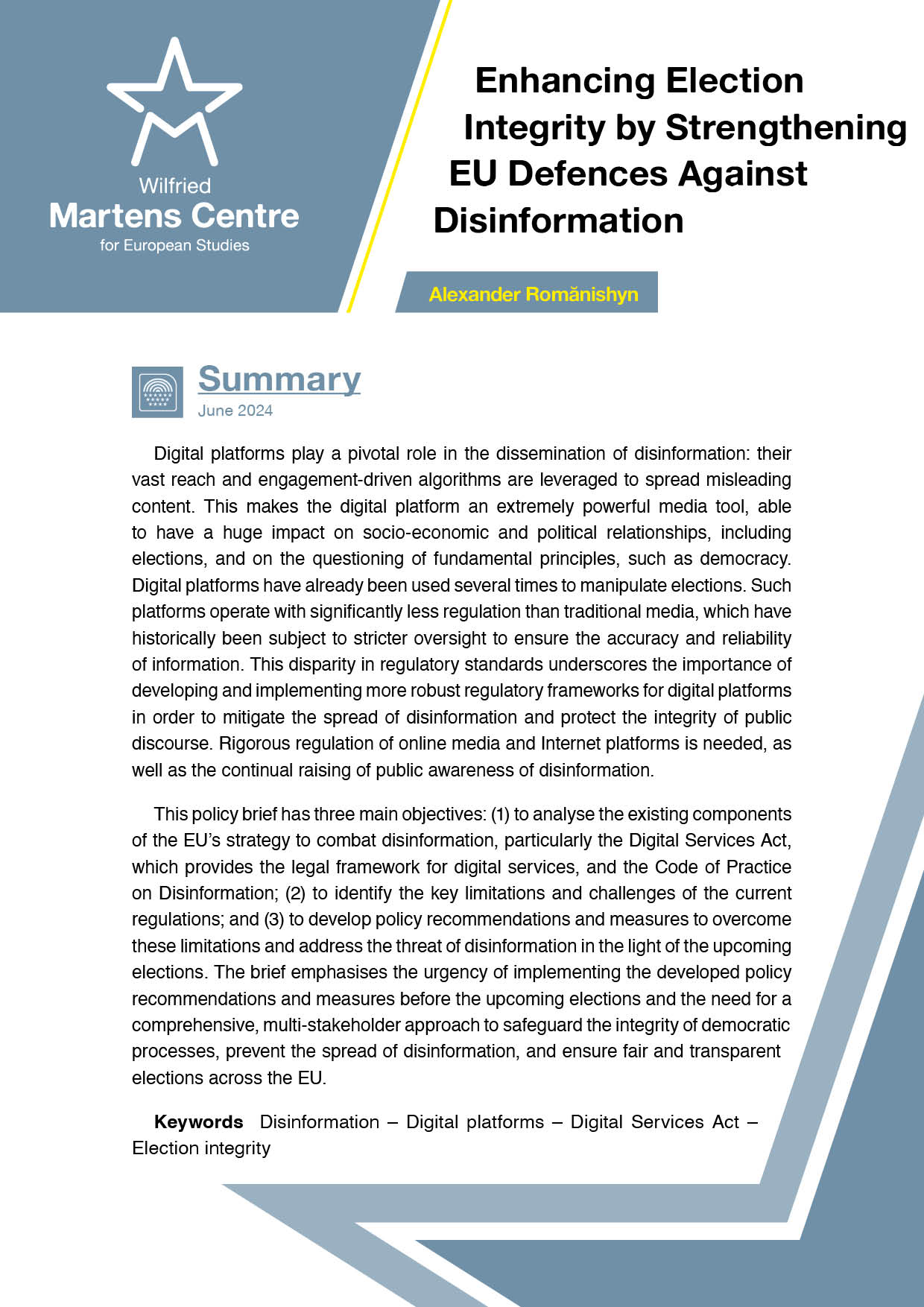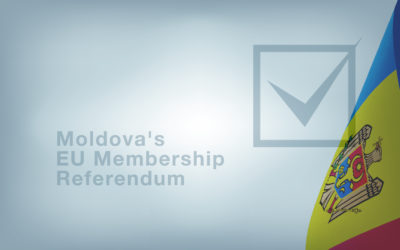Intellemo: Innovation and Empathy to Counter Political Apathy Among Young People
28 September 2023
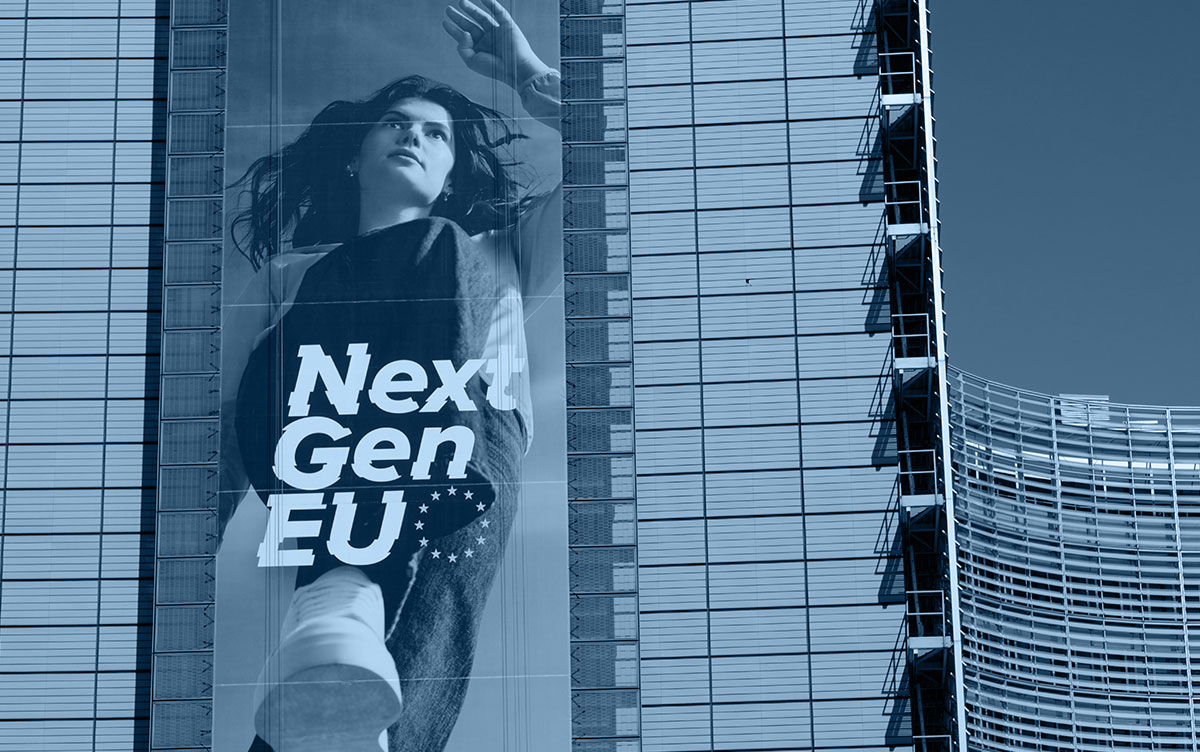
There is a general perception, especially among those of us over the age of 40, that younger generations are characterised by a pronounced political and social apathy.
Indeed, many statistics support this notion of younger generations being less politically engaged. This is perhaps most reflected in their lower-than-average voter turnout in a number of countries.
However, this is not the entire truth. In Greece, for example, young people actively supported the Nea Demokratia party and participated at very high rates in the recent elections, according to election data. Furthermore, the Eurobarometer attributes the higher overall turnout in the last European elections to increased youth participation, with a 14% increase in citizens under 25 and a 12% increase in those under 40. The figures are impressive.
Nevertheless, the big picture is that younger people tend to respond differently to policy-making and elections, and perceive democracy in a different way. This, however, is not the result of apathy, but simply of a different manner of engagement.
After all, if we look at the priorities which each generation sets for itself, we will find that Baby Boomers focused their lives on making money, whereas Gen Xers focused on their careers. Though not quite what might typically be considered a politicised generation, Millennials and Gen Z are more meaningfully involved in political matters than their predecessors in many different aspects. They care more about the environment. They have a stronger practical concern for an inclusive society. They focus particularly on the well-being of people. Nevertheless, they usually do not follow the work of political parties or political processes, nor do they seek information about the typical political agenda through conventional channels.
However, it is normal for them to be different, to use their own channels, codes, and emojis.
The challenge is therefore not to make them change and become like their predecessors, which is practically unfeasible, but how the political system can and should be transformed in a way that is responsive to the needs and methods of the younger generations.
Indeed, the failure of such transformation could provide the oxygen for any ‘anti-systemic’, populist, or radical political actors who succeed in making their political content more palatable, by using easier-to-understand formats. They thereby seek to provide oversimplified, unrealistic, or even fake answers to the major issues and concerns of the youth.
So what can the solution be?
I think it is important to focus on two parameters: political strategy and political communication.
The strategy needs to focus and elaborate on the issues for which younger generations expect solutions from us – solutions to critical societal issues such as climate change, the housing problem, the reduction of inequality, prosperity, etc.
However, it is not only about the effectiveness of our policies but also about ensuring that they are understood by citizens, especially young people.
In this respect, communication also plays a major role.
The approach I propose is called “intellemo”. The term intellemo is an amalgamation of the words ‘intelligence’ and ‘emotionality’. Because in the era of the Fourth Industrial Revolution, communication must be science-based and data-driven. But it also needs to demonstrate the empathy needed to be effective.
In this combination, an intellemo approach to political communication can – for example – collect and evaluate big data or use effective social listening applications, and through the filter of empathy create sophisticated campaigns, using the appropriate language and messages to be appreciated by the youth.
Technological innovation provides us with a wide range of tools to create a new relationship between young citizens and politics, to enhance understanding and hence their interest and engagement. AI offers us a range of applications for personalised information.
The technological enablers are here. We need the appropriate mindset to put them to the best possible use. And empathy is a sine qua non in this respect. This is why I believe that intellemo is the most appropriate approach to stimulate political involvement and engagement among young people. Empathy and technology can create a valuable balance in political strategy, especially in the run-up to the upcoming European elections. Especially now, where we need to claim the interest and votes of citizens in a noisy digital environment that, by nature, favours simplistic concepts and easy solutions over complex but realistic responses to the great challenges of our time. This is even more so with young people, whose political awareness often relies on short video reels of just a few seconds, as we are living in the age of an attention deficit pandemic.
ENJOYING THIS CONTENT?



